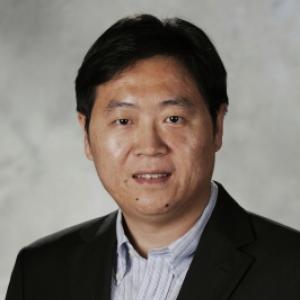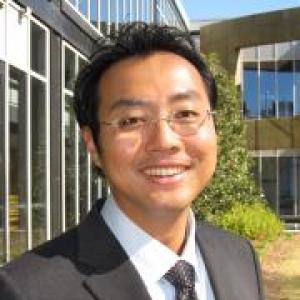Russell Dupuis

Russell Dupuis
Professor and Steve W. Chaddick Endowed Chair, School of Electrical and Computer Engineering
Georgia Research Alliance Eminent Scholar
Russell D. Dupuis earned all of his academic degrees from the University of Illinois at Urbana-Champaign. He received his bachelor's degree with "Highest Honors-Bronze Tablet" in 1970. He received his master's in electrical engineering in 1971, and his Ph.D. in 1973. His alma mater has honored him with the University of Illinois Alumni Loyalty Award, and the Distinguished Alumnus Award. Dupuis worked at Texas Instruments from 1973 to 1975. In 1975, he joined Rockwell International where he was the first to demonstrate that MOCVD could be used for the growth of high-quality semiconductor thin films and devices. He joined AT&T Bell Laboratories in 1979 where he extended his work to the growth of InP-InGaAsP by MOCVD. In 1989 he became a chaired professor at the University of Texas at Austin. In August 2003, he was appointed Steve W. Chaddick Chair in Electro-Optics at Georgia Tech in ECE. He is currently studying the growth of III-V compound semiconductor devices by MOCVD, including materials in the InAlGaN/GaN, InAlGaAsP/GaAs, InAlGaAsSb, and InAlGaAsP/InP systems.
404.385.6094
Office Location:
BH 201
- Energy Utilization and Conservation
- Optics & Photonics
- Semiconductors
Optical Materials, III-V semiconductor devices, epitaxial growth, ultra-dense and ultra-fast optical, interconnects
IRI Connections:








